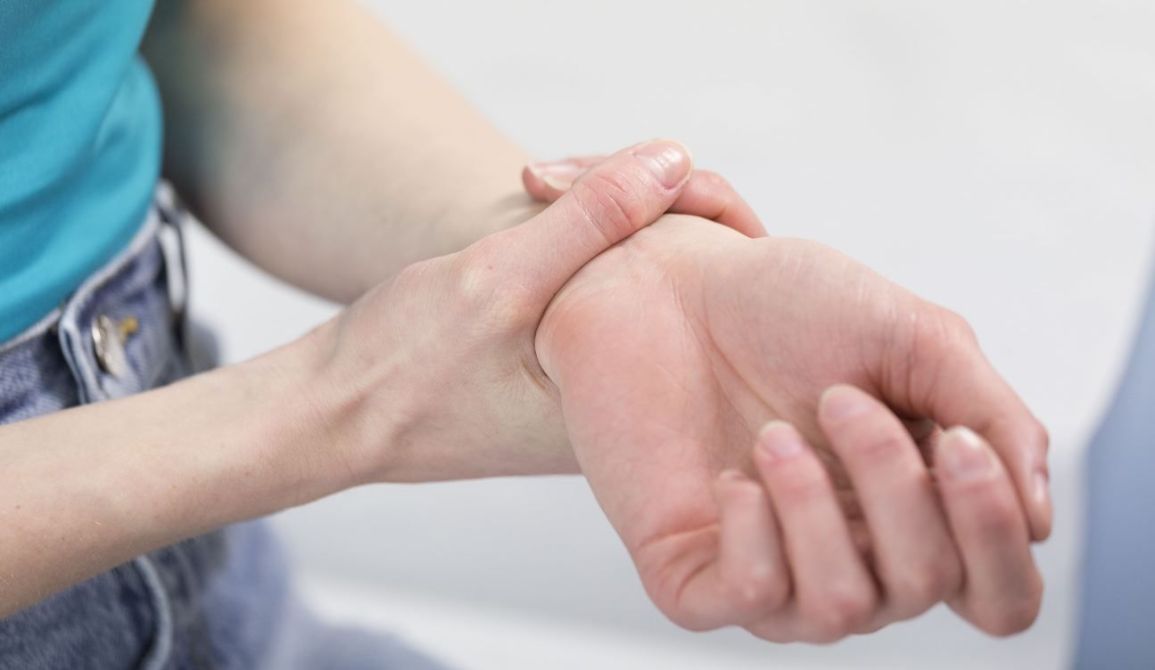With COVID-19 cases flooding the nation, blood tests that check for exposure to the coronavirus have started to come online. Surprisingly, preliminary findings also suggest that a lot of people have actually been infected without even knowing it. In fact, even people who do eventually experience the symptoms of COVID-19 do not exhibit behaviours such as coughing and spiking fevers when they’re infected.
Is it common for people to contract and fight off viruses without knowing it?
Having an infection without any symptoms is a typical phenomenon. The most infamous example would be that of Typhoid Mary, who spread typhoid fever to everyone around her even though she did not experience any symptoms herself in the early 1900s. In general, asymptomatic patients of Covid-19 have been observed to be younger and without comorbidities.
Many infections are fought off by the body without the host even knowing it. It could also be said that for the most part, symptoms are actually consequences or more appropriately, side effects of fighting off an infection. Our immune systems take a little time in order to rally that defence. Due to this, a lot of cases are more aptly considered presymptomatic instead of asymptomatic.
Is it possible for someone to spread coronavirus if they are not coughing and sneezing?
With everyone being on guard against being around people who are coughing or sneezing, it has become all the more important to wear masks and maintain proper hygiene. However, the virus may also spread through something as simple as normal exhalations that carry tiny droplets containing the virus. In fact, the virus may also spread several feet or more through regular breathing. It is also important for healthcare facilities to use disposable ECG electrodes that can be procured from India’s largest online medical and hospital products store, Smart Medical Buyer.
It is also possible to catch the virus from fomites which are mainly surfaces, such as a doorknob or even a grocery cart handle that are probably contaminated with the virus of an infected person’s touch.
How contagious can an asymptomatic person be?
If you have been exposed to someone with COVID-19, it is extremely important to self-quarantine for the entire 14-day incubation period. No matter how healthy or fine you’re feeling, you are still at the risk of spreading the coronavirus to the ones around you.
In recent studies, it has been found that high levels of the virus can be found in respiratory secretions during a potential coronavirus patient’s presymptomatic period. This may last for a week prior to symptoms of fever and cough. The virus’ ability to be transmitted from one person to another, despite showing prior symptoms, is one major reason for the unending pandemic.
In case of an asymptomatic infection, would someone still have antibodies against SARS-CoV-2 in their blood?
Most COVID-19 positive patients are developing antibodies after their recovery from the virus, which also includes those who do not experience symptoms. From what scientists know about the virus, these antibodies will offer a certain degree of protection against reinfection. However, nothing is known for certain as of now.
How widespread is asymptomatic Covid-19 infection?
At a time when the entire world is floundering to find a cure to the deadly coronavirus, nothing can be known for sure. We are still in the dark and as of now, most of the evidence is anecdotal.
Additionally, the antibody surveys being conducted further establish the fact that in different parts of the country, a good number of those infected by the coronavirus may not experience symptoms. However, asymptomatic SARS-CoV-2 infection appears typical and will inherently complicate efforts of getting the pandemic under control.
It is also important for us to take responsibility for our own well-being. Using masks is a good place to start. This can possibly prevent the inadvertent spread by an asymptomatic person who is unaware of their positive status. Also, containing the virus would be a whole lot easier if only every person who showed symptoms simply self-isolated.
It is also important, if not necessary, to have essential equipment handy at home such as ear thermometers which enables us to measure body temperatures of family members from a distance, thereby keeping a constant check. It is also recommended to cover one’s mouth when coughing or sneezing or to do so into one’s shirt sleeve. However, it is best to wear a mask at home, more importantly if there are elderly people in the house.




